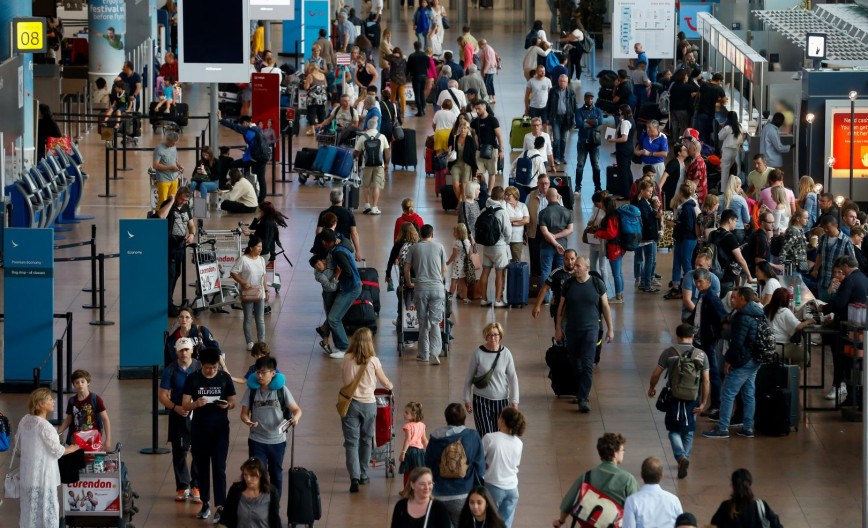Over 60 travel and tourism organisations in Europe call on the EU Member States to "swiftly" implement the 'Digital Covid Certificate' for travel during the pandemic now that a provisional deal was reached.
The organisations, united as the European Tourism Manifesto alliance, hope that the Certificate will be implemented before July, to support the restart of the sector in time for "the vital summer season."
The recent agreement reached last week "is a step towards the reintroduction of Schengen and the freedom of movement throughout the EU," the stakeholders said in a press release on Wednesday.
The Certificate, which will be issued by national authorities in digital or paper format, will state if someone has been vaccinated, if they have a recent negative PCR test, or they are temporarily immune after recovering from infection, as proposed by the European Commission.
In addition to calling on Member States to "urgently implement the Certificate," the sector asked them to "refrain from adding travel requirements (testing or quarantine) for Certificate holders if the epidemiological situation continues to improve."
Related News
- Next Consultative Committee postponed to Friday 4 June
- Tents, tests and flexible flights: what Belgian travel will look like this summer
- EU reaches agreement on European Covid Certificate for travel
They also stressed that any delay will undermine the chances of a successful recovery, as "the sectoral resilience is at its limit."
As the tool will provide a common EU framework, Europe's travel and tourism sector also stressed the needs for common time limits for Covid-19 testing requirements, and a harmonised minimum age at which a test is required for children.
On Wednesday, the Civil Liberties Committee also endorsed the EU Digital Covid Certificate, bringing it one step closer to implementation.
The common framework should allow member states to issue certificates that will be interoperable, compatible, secure and verifiable across the EU, according to Chair of the Civil Liberties Committee and rapporteur Juan Fernando López Aguilar.
"The text voted today will ensure that freedom of movement will be safely restored across the EU as we continue to fight this pandemic, with due respect for the right of our citizens to non-discrimination and data protection," he said.
Before being implemented, this agreement will now be tabled to vote at the plenary session between 7 and 10 June, before being approved by the Council, and published in the Official Journal.
The Regulation is expected to apply from 1 July 2021.

